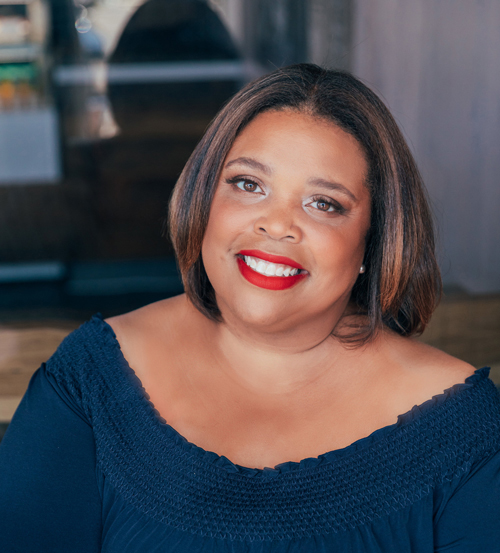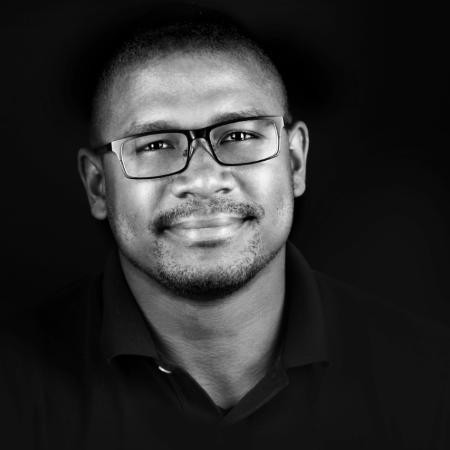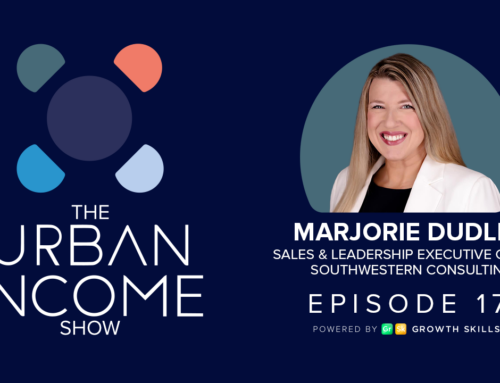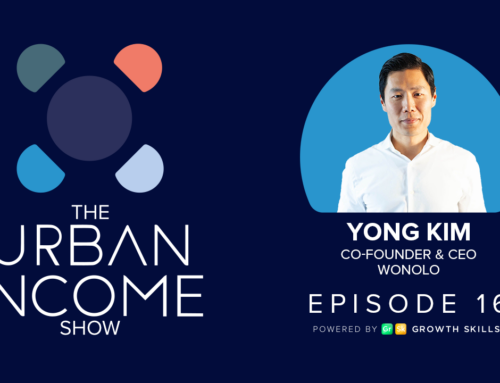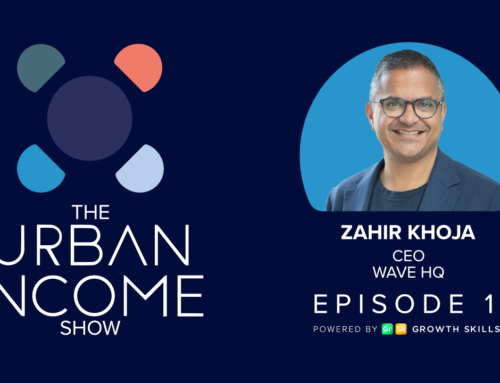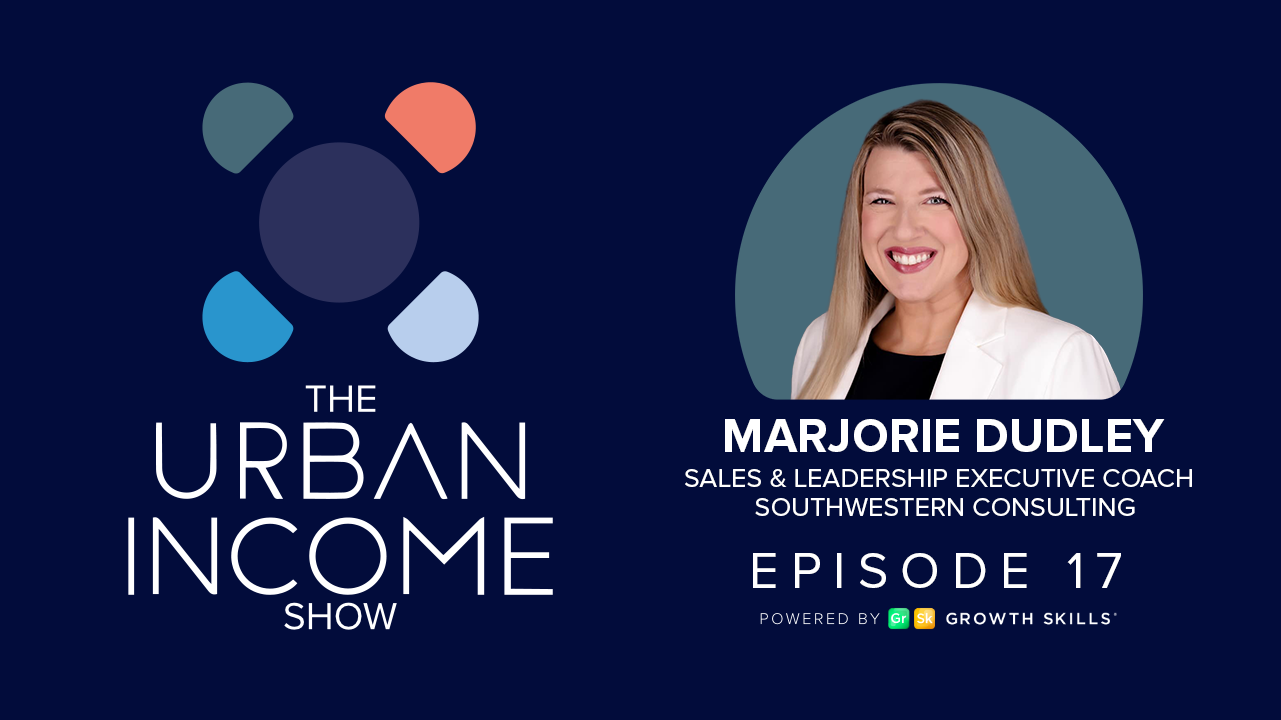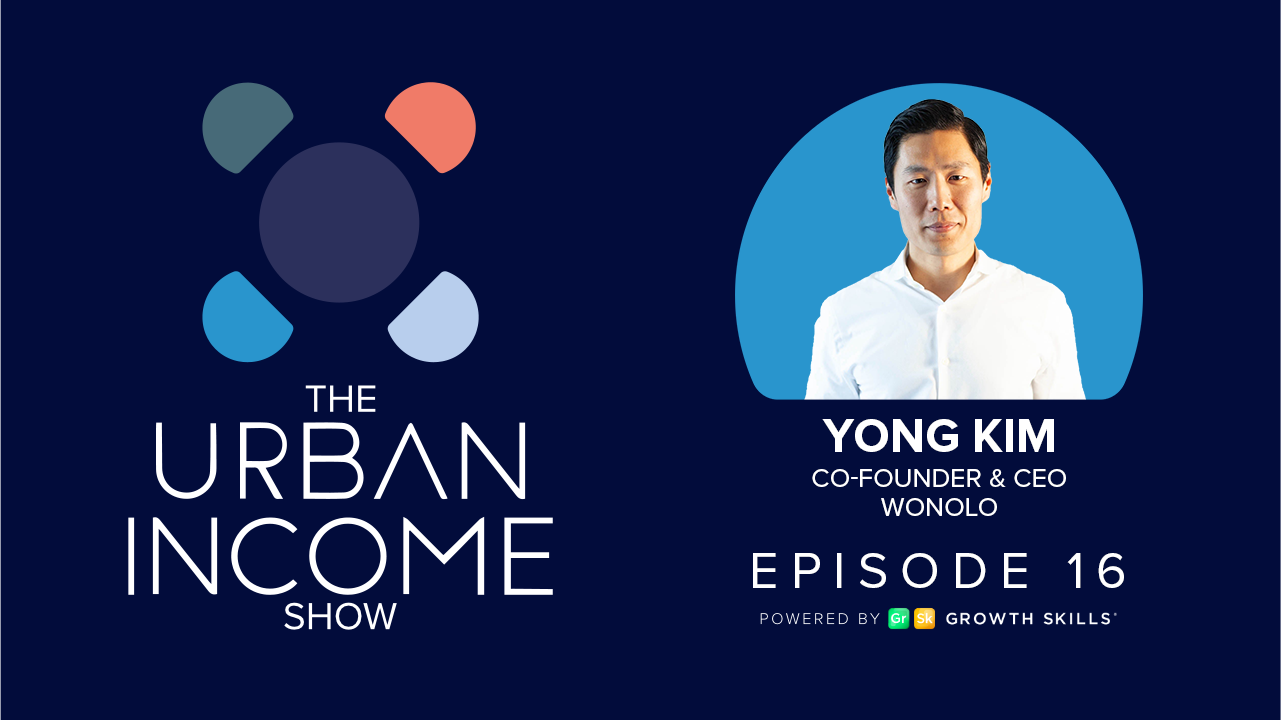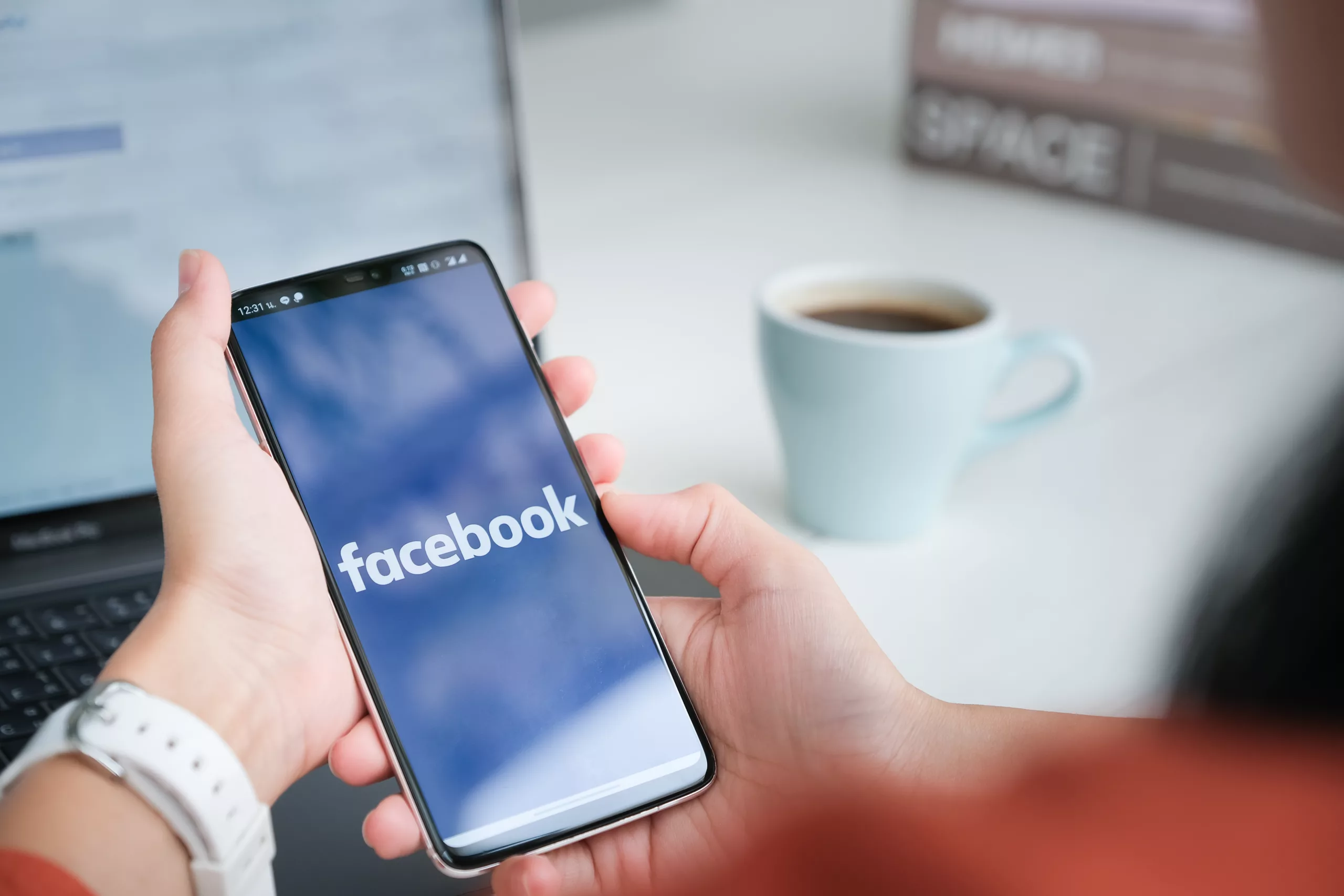Empowering Girls in STEM Through Sports with Play Like a Girl’s Dr. Kimberly Clay
In this episode, Play Like a Girl’s Founder and CEO, Dr. Kimberly Clay, talks about how her nonprofit is using sports to encourage girls to pursue STEM careers, how she engages brand partnerships, and why STEM is such a valuable field for young girls.
Dr. Kimberly Clay is an experienced nonprofit executive with a demonstrated history of working in the STEM and sports industries.
Kimberly is an academician with a PhD in public health, and is dual-trained in social work and communications. Here are a few of the topics we’ll discuss on this episode of The Urban Income Show:
- How to connect girls with opportunities that help set them on a pathway to economic freedom and financial opportunity.
- Why the STEM field is important for women who want equity and parity in pay.
- How to engage brand partners.
- The importance of pivoting during the pandemic.
- The value of investing at a young age.
- Finding a career that is the right fit for you.
Watch Dr. Kimberly Clay’s Interview Shorts
Quotables from Dr. Kimberly Clay:
13:16 – “That’s when we decided to align the work that we were doing in sport with stem, STEM in particular because we understood that girls also lose interest in STEM at about the same rate as dropping out of sport, going from middle school to high school, girls drop out at twice the rate of boys. And we understood that STEM right now represents the one set of disciplines that almost provides equity and parity and pay for women. So when we talk about, you know, reducing and preventing the intergenerational cycle of poverty, we do that through the empowerment of individuals through education and through access to money. And so that was really the decision process behind how we restructure programming in 2016 to truly live out our mission and our name as Play Like a Girl.”
14:47 – “So costs become more of an issue when you look at middle school to high school transition in sports, in particular travel and the cost related with travel sports and travel clubs becomes more of an issue. What we also know is the confidence issue that presents itself very uniquely. I think also within the context of coaching, not everyone is trained to coach a girl. Girls in middle school, that age range of development, are also experiencing a lot of changes in their body, their emotions as well. And so they’re just a multitude of issues and barriers for girls preventing them from continuing. The other piece is that, again, representation. Many girls aren’t seeing women go into a long career in sport, like professional sports in particular.”
26:36 – “Today I got the news that one of our most stellar young women who we also funded with a college scholarship about two years ago is the 66th Miss Hampton University. So she will be reigning next year and representing her institution. For me, Hannah Seldas represents the best of my life in this work. She is the full circle moment. She represents every girl that we’ve touched, whether that girl continues on and pursues a STEM degree or a non-STEM degree. This year we are also supporting another student here in Nashville in McClenan, who is our first student to actually sign to play a sport at the collegiate level. She’ll be playing golf of all sports, which we introduced to our girls.”
29:06 – “While we have a large number of white girls, we suffered a deficit of girls of color when we moved our shop to Dallas and then transitioned to Nashville. It was not until the pandemic when parents were hard-pressed for programming to engage their kids outside of them doing, you know, the day-to-day schooling thing that we actually saw a surge in Black and Brown girls. And so part of my challenge became saying yes to brand partnerships instead of saying no, because I found myself saying more, no, because I knew that it was a checkbox ask, it was not intended to truly make impact. Some of them that it was just about the demographic, not about the people, the girls that we were serving. And so as a, a gatekeeper to our community of women and girls to our community of persons of color, as a personally committed individual, but also a person who is consciously committed to being responsible about my role as a gatekeeper. I struggle because money will come, it definitely comes, but I had to make some really hard decisions when saying yes.”
36:35 – “Good leaders have to know when they’ve done the job assigned to them. And for me, I know that time has come, I’m 48, that’s young, but I have other goals. I’m very entrepreneurial in spirit. My husband also, we’ve always owned multiple companies and done consulting work and employed other people. So we have some other dreams we want to live out as well. The other pieces that our kids are now out of our home. So they’re, allowing us to be empty nesters and discover life in a new way as we approach what we hope to be retirement at, at about 55. So I want to be a wife and a mom in this chapter of life, which, you know, most of our parents didn’t get the opportunity to really enjoy their post, you know, career life. Many had short lives after that or, you know, were forced back to work because of economy and all of that. So for me, I want to be able to enjoy the fruit of my labor and enjoy that with my family. We spent years raising our children, now it’s time to celebrate with them as they grow into young adults themselves.”
The Urban Income Show discusses topics on finances, business, entrepreneurship, and career growth with minority leaders. Watch and listen to The Urban Income Show on all podcast platforms.
